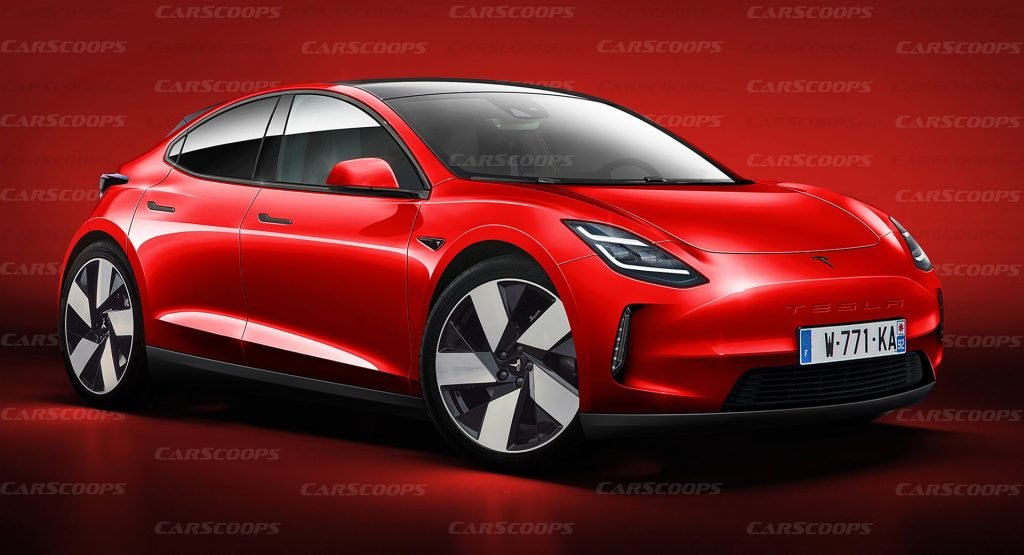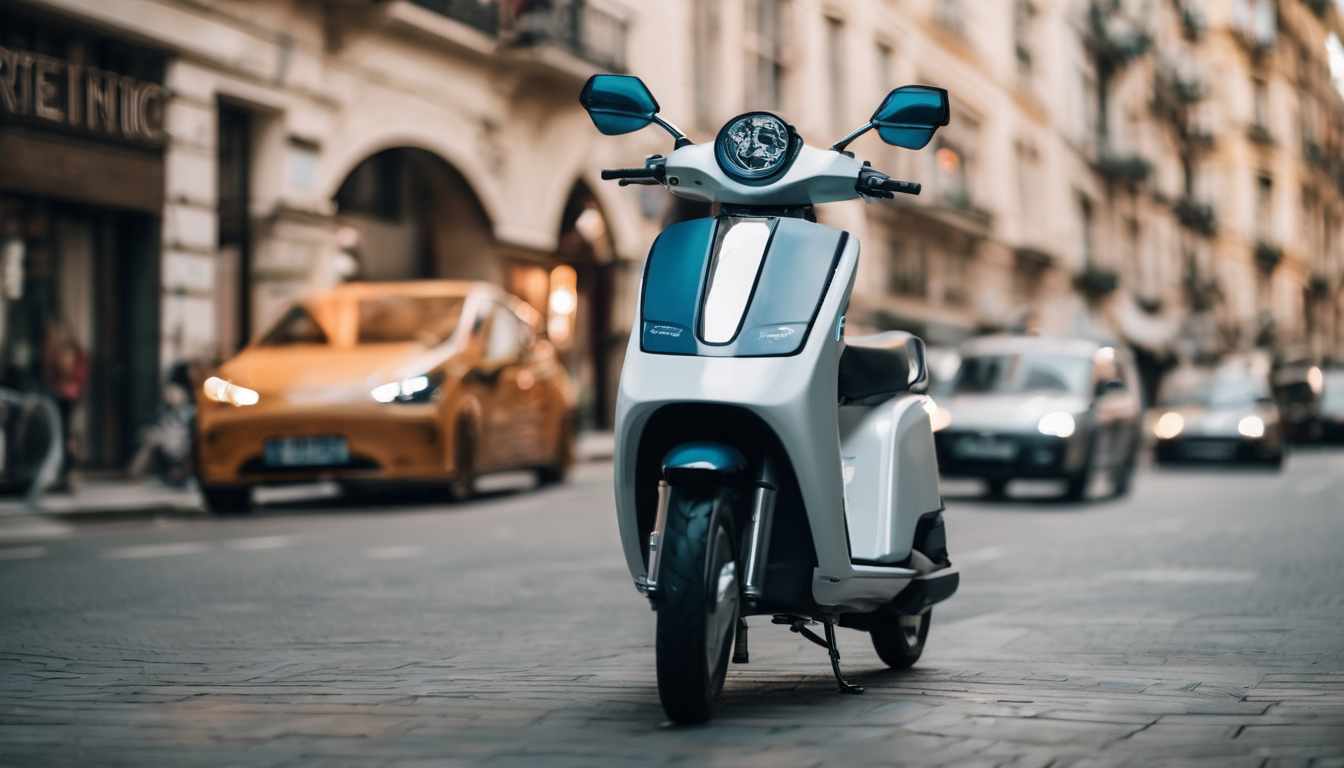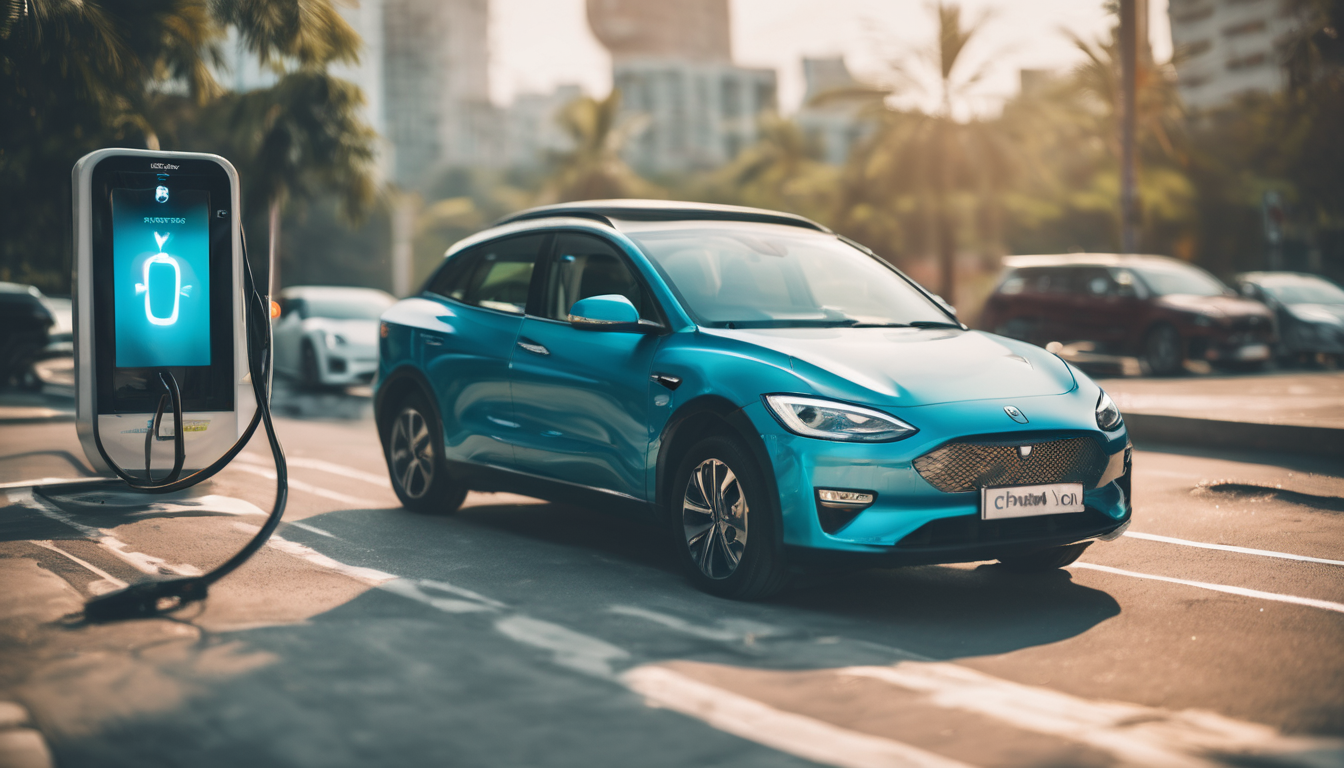Tesla Motors, founded in 2003 by Elon Musk, has become a driving force in the electric vehicle (EV) industry. Not only has Tesla revolutionized the way we think about EVs, but it has also disrupted traditional marketing strategies in the automotive industry. In this article, we will take a closer look at Tesla’s marketing strategy for electric vehicles.
Brand Image and Reputation
One of Tesla’s most successful marketing strategies has been the creation of a strong brand image and reputation. Tesla is known for its sleek and innovative designs, cutting-edge technology, and commitment to sustainability. Tesla’s cars are marketed not just as transportation, but as a lifestyle choice for environmentally conscious and tech-savvy individuals. Tesla’s marketing materials often highlight the company’s mission to accelerate the transition to sustainable energy and emphasize the benefits of driving an electric car.
Direct-to-Consumer Sales
Another unconventional marketing strategy that has set Tesla apart from traditional car manufacturers is its direct-to-consumer sales approach. Tesla does not rely on dealerships to sell its cars, instead opting for a company-owned retail model. This allows Tesla to maintain greater control over the customer experience and offer a more personalized approach to sales. Tesla’s retail locations often feature interactive displays and knowledgeable staff, creating a unique and engaging shopping experience for customers.
Social Media and Word-of-Mouth Marketing
Tesla has also leveraged social media and word-of-mouth marketing to promote its brand and products. Tesla has a significant presence on social media platforms such as Twitter, Instagram, and Facebook, where it frequently shares updates on its products and initiatives. Tesla has also encouraged its customers to share their experiences and thoughts about the brand on social media, effectively turning its customer base into brand ambassadors.
Partnerships and Collaborations
Tesla has also formed strategic partnerships and collaborations to expand its reach and appeal. For example, in 2021, Tesla partnered with fashion company Puma to release a line of limited-edition sneakers inspired by Tesla’s Model S Plaid. Tesla has also collaborated with toy company Mattel to release a remote-controlled Tesla Cybertruck. These partnerships have allowed Tesla to tap into new markets and demographics while further promoting its brand and products.
Tesla’s marketing strategy for electric vehicles has been highly successful, setting the company apart from traditional car manufacturers and helping to establish Tesla as a leader in the EV industry. Tesla has created a strong brand image and reputation, embraced a direct-to-consumer sales approach, leveraged social media and word-of-mouth marketing, and formed strategic partnerships and collaborations. As the EV market continues to grow and evolve, it will be interesting to see how Tesla’s marketing strategy adapts and evolves along with it.






